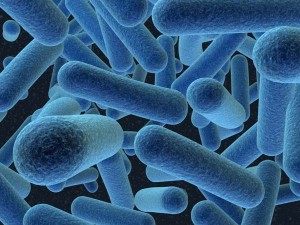A project funded by a European Union grant has uncovered new findings about the positive effects of bacteria in the human stomach. A recent fof.se article has the full story, but here are a few of the highlights:
The study focused on just under 300 subjects who were tested for levels of stomach bacteria. About 25% of them were found to have fairly low levels of bacteria based on both quantity and type. One of the most salient findings of the study was that those with low levels of bacteria were by and large more obese than their high-bacteria counterparts. Participants in the study who had low levels of beneficial bacteria also were found to have higher levels of bacteria that cause diseases such as diabetes and cardiovascular disease.
So what to do if you’re lacking in these microscopic helpers? There are measures you can take to boost their levels. Not surprisingly, the lifestyle changes that boost these bacteria are also changes that contribute to overall health. Researchers encourage those with deficiencies in these positive bacteria to transition to a low fat diet. In just six weeks, subjects who cut large amounts of fat out of their diets saw marked improvement in their “good” bacteria levels.
More interesting than the findings themselves is the potential for preventative care. Oluf Pedersen, a researcher at the University of Copenhagen who worked on the study is hopeful that these findings can help researchers develop medicines that help our bodies produce essential vitamins and boost the immune system.
